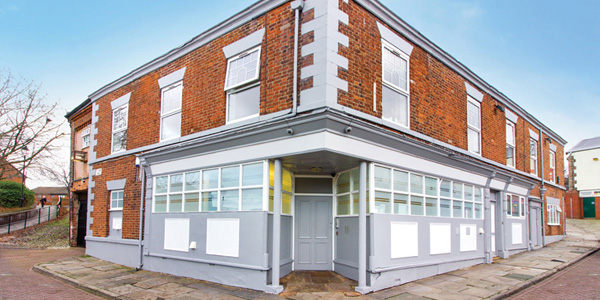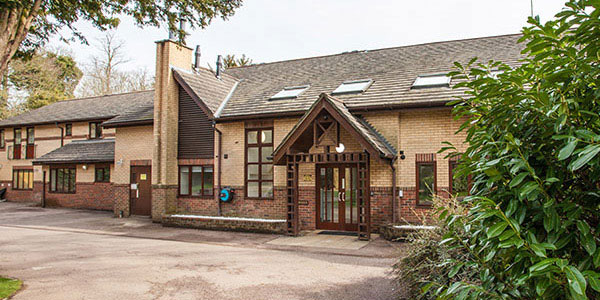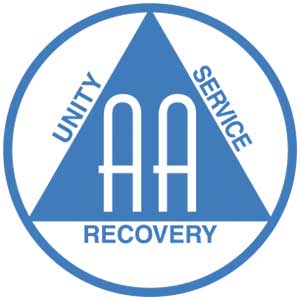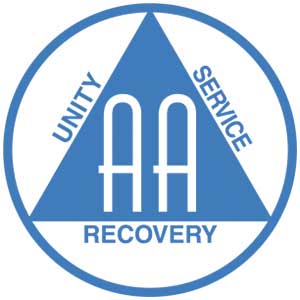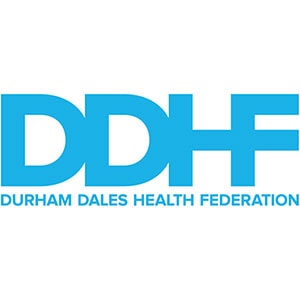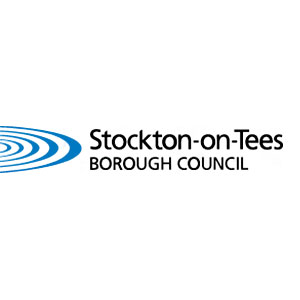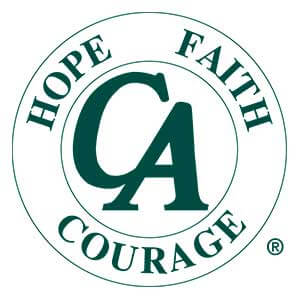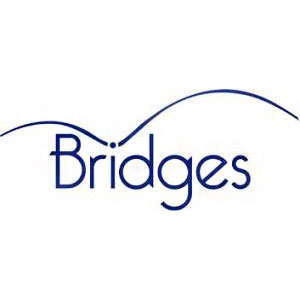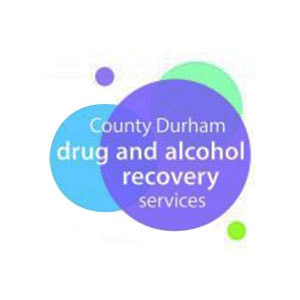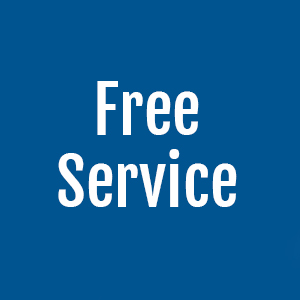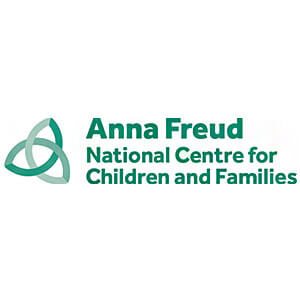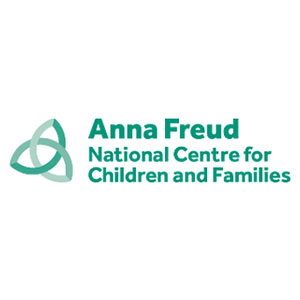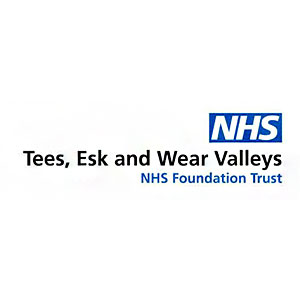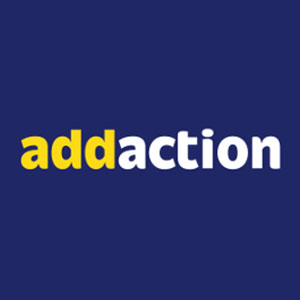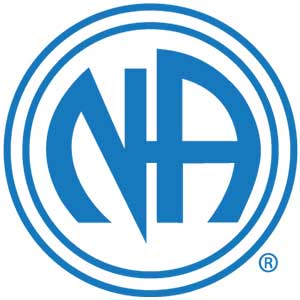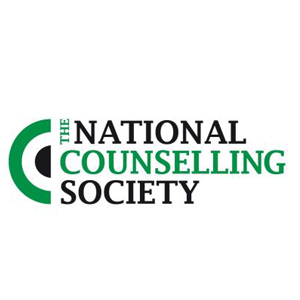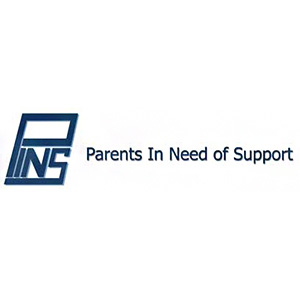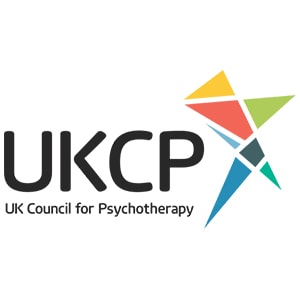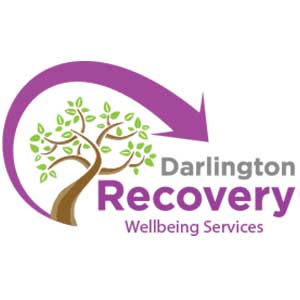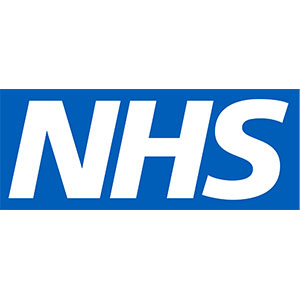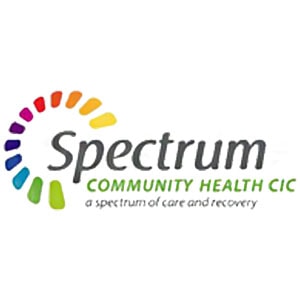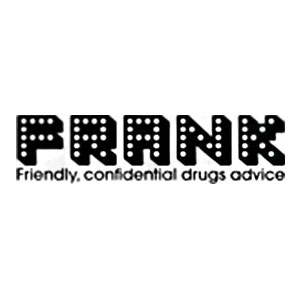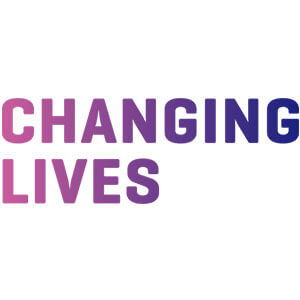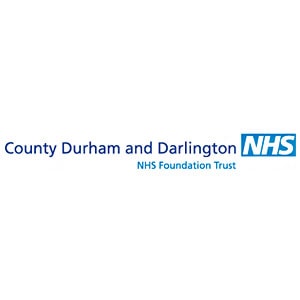If you’re here because you, or a loved one, have taken the brave steps to end the cycle of alcohol or drug addiction then you’re in the right place. Here at Addiction Helper, we provide advice and support to those looking for rehab and we source only the best treatment centres that comply with the highest standards of care.
We understand that going to rehab may feel daunting. Our guide to drug and alcohol rehab in Durham should answer many of the questions you may have about treatment. Below, you will find a list of CQC-registered clinics fully equipped with highly trained addiction nurses, therapists and support workers whose aim is to make your stay as comfortable as possible. From detox through to rehab and aftercare programmes, you can rest assured that you, or your loved one, will receive only the best care the UK has to offer.
If you do have any more questions, you can reach out to our team of addiction counsellors by phone or using the live chat feature on the site.
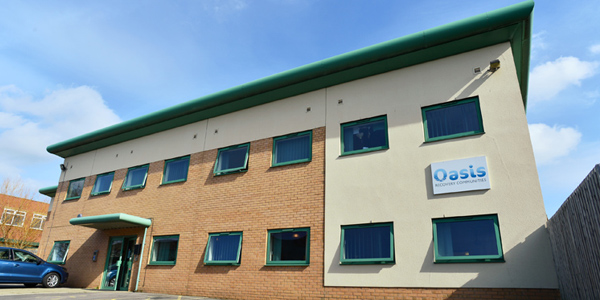
Built in 2009, Oasis Bradford was originally commissioned by the Department…
- Private
- 24/7 Nursing
- 24/7 nursing
- Residential
UKAT Rehabs
Oasis Runcorn is quite unique detox and rehab unit in offering two treatmen…
Liberty House Clinic is a fully furbished detox and rehabilitation facility…
Banbury Lodge is a private UKAT rehab facility based in Banbury, Oxfordshir…
-
- 12 Step
- Group Setting
- Free
- Outpatient
-
- 12 Step
- Group Setting
- Free
- Outpatient
-
- Free
- Group Setting
- 12 Step
- Outpatient
-
- 12 Step
- Group Setting
- Free
- Outpatient
-
Durham Dales Health Foundation, 29a Escomb Road, Bishop Auckland, County Durham, DL14 6AB0 review
- 12 Step
- Group Setting
- Free
- Outpatient
-
- 12 Step
- Group Setting
- Free
- Outpatient
-
- Free
- Group Setting
- 12 Step
- Outpatient
-
- 12 Step
- Group Setting
- Free
- Outpatient
-
- 12 Step
- Group Setting
- Free
- Outpatient
-
- 12 Step
- Group Setting
- Free
- Outpatient
-
Bridges Families and Carers Support Services
5 Nelson Terrace
Stockton-On-Tees
TS18 1NJ
0 review- 12 Step
- Group Setting
- Free
- Outpatient
-
Locality Manager, 1 Station Road, Consett, County Durham, DH8 5RL0 review
- 12 Step
- Group Setting
- Free
- Outpatient
-
Adult Social Care
Central House
Gladstone Street
Darlington
DL3 6JX0 review- Free
- Outpatient
- Free
- Outpatient
-
Sapphire House, IES Centre, Horndale Avenue, Aycliffe Business Park, Newton Aycliffe, Durham, DL5 6DS0 review
- Free
- Outpatient
- Free
- Outpatient
-
Recovery Centre Durham, Centre for Change
81-88 Whinney Hill
Old Elvet, Durham
DH1 3BQ0 review- Free
- Outpatient
- Free
- Outpatient
-
Hollyhurst Road, Darlington, Darlington DL3 6HX0 review
- Free
- Outpatient
- Free
- Outpatient
-
Hollyhurst Road, Darlington, Darlington DL3 6HX0 review
- Free
- Outpatient
- Free
- Outpatient
-
Sovereign House
Unit 2B, Sovereign International Business Park
Brenda Road
Hartlepool, TS25 1NN
0 review- Free
- Outpatient
- Free
- Outpatient
-
Sandwell Park
Lancaster Road
Town Hartlepool
TS24 8LL0 review- Mental Health
- Outpatient
- Outpatient
- Outpatient
-
Addaction Hartlepool, Whitby Street, Hartlepool TS24 7AB0 review
- Free
- Outpatient
- Outpatient
- Outpatient
-
- 12 Step
- Group Setting
- Free
- Outpatient
-
North Road Methodist Church
28 North Road
Durham
DH1 4SG
Meeting Forma0 review- 12 Step
- Group Setting
- Free
- Outpatient
-
Cornerstone
Brockwell Court
Low Willington Industrial Estate
Crook
Durham
DL15 0UT0 review- 12 Step
- Group Setting
- Free
- Outpatient
-
0 review
- Outpatient Option
- Private
- One to One
- Outpatient
-
- Free
- Outpatient
- One to One
- Outpatient
-
Parents In Need of Support,
Greenbank,
Stranton, Hartlepool
TS24 7QT0 review- Free
- Family Workshops
- One to One
- Outpatient
-
0 review
- Outpatient Option
- Private
- One to One
- Outpatient
-
- Free
- Outpatient
- One to One
- Outpatient
-
- Free
- Outpatient
- One to One
- Outpatient
-
- Free
- Outpatient
- One to One
- Outpatient
-
- Free
- Outpatient
- Outpatient
- Outpatient
-
- Free
- Outpatient
- Outpatient
- Outpatient
-
- Free
- Outpatient
- Outpatient
- Outpatient
-
he Birchtree Practice
Lawson Street Health Centre
Lawson Street
Stockton On Tees
TS18 1HX
0 review- Free
- Outpatient
- Outpatient
- Outpatient
-
Changing Lives, The Fells, Great North Road, Chester-le-Street, County Durham, DH2 3NL0 review
- Free
- Outpatient
- Outpatient
- Outpatient
-
- Free
- Outpatient
- Outpatient
- Outpatient
-
Youth Offending Service
Central House Annexe
Gladstone Street
Darlington
DL3 6JX0 review- Free
- Outpatient
- Outpatient
- Outpatient
- Load More
Drug & Alcohol Rehab Services in Other Towns/Cities
- A
- B
- C
- D
- E
- F
- G
- H
- I
- J
- K
- L
- M
- N
- O
- P
- Q
- R
- S
- T
- U
- V
- W
- X
- Y
- Z
Private Rehab

Private rehabilitation facilities are independent treatment centres designed to provide a conducive environment for recovery, as well as effective, personalised treatment plans for people who want to overcome their addiction. These rehabs run residential programmes from 28 to 90 days that are personalised to the needs of each client. You’ll get 24/7 care from start to finish with an experienced medical and therapy team.
The major benefit of private rehab is the intensity of treatment, which is comprehensive and tailored to fit each patient. Private rehab centres are also medical clinics, where you can receive (if required) a medical detox, treatment for physical and behavioural addictions along with psychiatric support.
Treatment includes a thorough assessment to determine your specific treatment needs; detoxification to remove all harmful toxins from your system; psychotherapy to treat all psychological problems, and 1yr free aftercare to help you maintain abstinence after rehab.
Pros And Cons Of Private Rehab
Pros
- quick intake process that enables treatment begins
- personalised treatment programme
- good staff to client ratio making therapy extremly potent
- guaranteed privacy and confidentiality
- free sober transport to and from your home
- you’ll be treated by the same set of professionals throughout your stay in rehab
- undercover the root causes of your addiction
- 1 year free aftrcare to support against relapse
Cons
Private rehab treatment programmes are more expensive than public alternatives
What Does Rehab Cost?
Private rehabs in Durham do not all charge the same fee. The cost of treatment depends on several factors, such as the duration of treatment, intensity of the programme, type of facility, staff-to-patient ratio, expertise of the staff, and the location of the rehab. On average, standard treatment costs £1,500 a week, and luxury rehabs charge up to £5,000 a week. Call to discuss your treatment options
NHS Addiction Treatment Options
NHS treatment is available to all residents of Durham. They provide drug and alcohol support to individuals who would not be able to afford it otherwise. They don’t offer the comfort and specialised care that private rehabs offer, but treatment is effective if you have a desire to achieve your recovery goals. Services are targeted towards low-income earners without medical insurance, individuals living in rural areas, young people and children affected by drug and alcohol abuse
Pros And Cons Of NHS Treatment
PROs
Free treatment: Although public treatment options have a long waiting list, and do not offer the level of personalised treatment associated with private rehabs, most people prefer this treatment option because it is free. You can enter an outreach centre or local hub and receive support for addiction.
The range of treatment services: Funding might be limited, but they offer support for many physical addictions and mild mental health issues. This includes harm minimisation advice, substitute prescribing, relapse prevention, access to peer support, and one-on-one counselling and support.
CONs
- Long waiting lists
- Treatment is not as comprehensive as inpatient treatment
- Lack of funding
- No privacy whilst in treatment
- Community detox instead of a personalised detox plan
- Treatment is not holistic
Addiction Support Groups
Support groups are places where people facing similar issues meet to talk, share experiences, and offer support and strength to each other. They help you feel less isolated and cope better with your problems. In Durham, there are 12-step support groups, alternative programmes, and family and carer support groups.
What Is NA?
Narcotic Anonymous is a fellowship of men and women who meet to address the common goal of quitting drug abuse and maintaining abstinence. You can hear personal stories from other addicts, and share your own story about drug addiction. Locations in Durham include Crook, Chester-le-Street, and Waddington Street.
What Is AA?
Alcoholic Anonymous is a peer-led support group with several locations in Durham. They believe that they have no power over their alcohol consumption, and ascribe healing to a ‘higher power’. Meeting types include discussion, speaker, and 12-step meetings. Locations in Durham include Plawsworth, Willington, and Bishop Auckland.
Types Of Counselling

One-to-One This is the most commonly known type of therapy. It involves a counselling session between therapist and patient in the same room. It may be held in an office, coffee shop, garden or any place where the patient feels most comfortable. Face-to-face therapy includes techniques such as motivational interviewing, simple yet effective QnA or unloading where the client releases whats been on there mind causing anxiety, fear, sadness etc… before the therapist interprets this and helps the client to uncover the root issue.
Online This includes all counselling services provided through the internet. It includes sessions via emails, Skype, and support group chat rooms such as SMART Recovery online support groups. It is easy, convenient, and promotes anonymity.
Group Involves a number of people struggling with similar issues coming together to discuss these issues openly, and in the presence of a certified counsellor. Through this process, each participant gains a deeper insight into their addiction, while providing support to others in the group at the same time.
How Can I Get to Durham?
If you’re visiting Durham from London, the fastest way to travel is by railway. Trains leave from King’s Cross Station to Durham Station. The average travel time is 2 hours and 50 minutes. Durham’s centre is compact with small roads, so there is no need to drive in the city, as traffic is heavy during peak hours. Once in the city centre, you can use various landmarks and set them as points of in interest in your navigation, so you know you’re on the right way. These include the Durham Cathedral, Palace Green and Crook Hall.
If you’re visiting from Northumberland, the fastest route is via the A91 with the small town of Chester-le-Street being the first larger region on the way to the county capital. From the south, such as cities in North Yorkshire, you can use the A66 and A19 to arrive in Durham county. Bowes, Gainford, and Shildon are some of the towns closest to the south border of the county.
Arriving by car from the \wedt is a bit tricky because of the North Pennines. The safest route is via A66. At the first large fork, you can take the northern A67 towards Bernards Castle or the southern The St for Boldron and beyond.
Reaching the county by sea, although the border with the North Sea, is not easy because no public ferry lines service the area.
Many buses stop at Durham Bus Station. Arriva covers most of the city centre, and other operators run to nearby towns and counties. If you’re in a hurry, taxis are a quick way to get around the area, but it’s more expensive than public transport. Trains run from Durham to London, Newcastle, Darlington, and other locations on a regular basis. You can check fares and timetables on National Rail.


